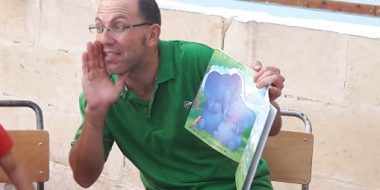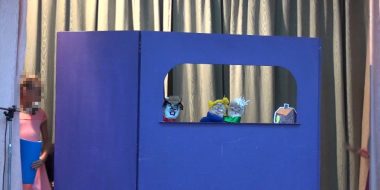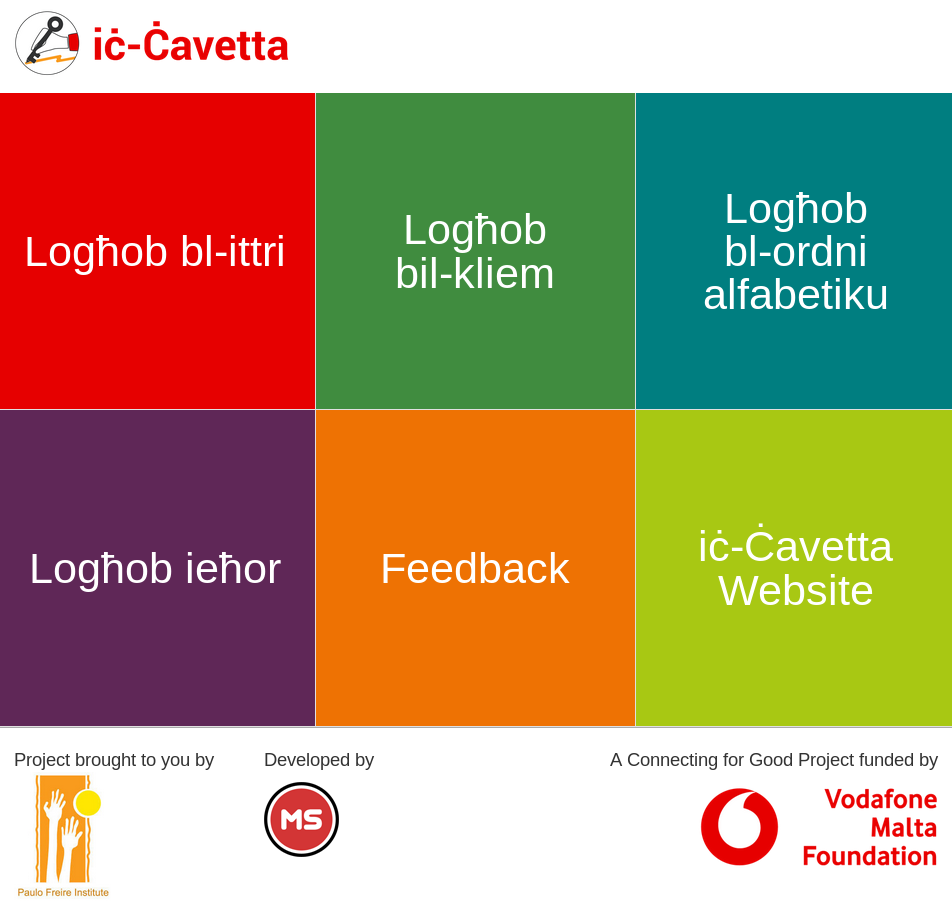Our Aims & Strategy
The Aims of the Paulo Freire Institute include promoting literacy (of the word and of the world) among children and adults; helping parents develop their skills as their children’s first educators and empowering people to improve their quality of life and become active citizens in society.
We try to:
- empower
- promote self-development
- increase self-confidence
of each and every individual; especially the vulnerable and excluded in society.
Illiteracy is a complex issue and needs to be tackled holistically. We use three interrelated approaches:
- community development
- non-formal education
- community social work
Today the Paulo Freire Institute has the following main target groups:
We see the promotion of Literacy; the Social Work Service and Community Development as ways to promote justice, empowerment and to build peace.
Through the Paulo Freire Institute we strive to build bridges, and help to construct a strong community. We strive to help persons to rediscover their dignity. In all this we wish to praise God.


 Primary school children with learning difficulties are referred to us mainly through the Primary schools in Żejtun. Our strategy is twofold: We work on motivating the children to read by helping them associate reading with something enjoyable. Furthermore, with those who need it, we offer them and their families the service of a social worker and therapy. We hope that this will enable them to overcome the blockages which do not allow them to grow, learn and flourish.
Primary school children with learning difficulties are referred to us mainly through the Primary schools in Żejtun. Our strategy is twofold: We work on motivating the children to read by helping them associate reading with something enjoyable. Furthermore, with those who need it, we offer them and their families the service of a social worker and therapy. We hope that this will enable them to overcome the blockages which do not allow them to grow, learn and flourish.

